Injustice in this world is not something comparative; the wrong is deep, clear, and absolute in each private fate
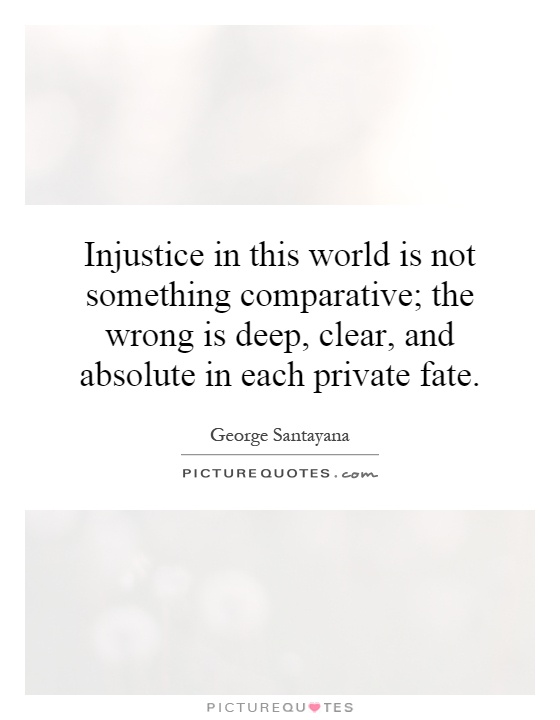
Injustice in this world is not something comparative; the wrong is deep, clear, and absolute in each private fate
George Santayana, a renowned philosopher and essayist, once said, “Injustice in this world is not something comparative; the wrong is deep, clear, and absolute in each private fate.” This statement speaks to the inherent nature of injustice and the profound impact it has on individuals on a personal level. Santayana's words remind us that injustice is not a matter of degrees or comparisons, but rather a fundamental violation of fairness and morality that affects each person uniquely and profoundly.Injustice can take many forms, from systemic discrimination and oppression to personal betrayals and injustices. Regardless of the form it takes, injustice is a deeply damaging force that can have lasting effects on individuals and communities. Santayana's assertion that the wrong is deep, clear, and absolute in each private fate underscores the individual nature of injustice and the personal toll it can take on those who experience it.
When we consider the concept of injustice in the context of Santayana's words, we are reminded of the importance of recognizing and addressing the injustices that exist in our world. It is not enough to simply acknowledge that injustice exists; we must also work to understand its root causes and effects, and to take action to combat it in all its forms.
Santayana's words also serve as a reminder that injustice is not a matter of perspective or interpretation, but rather a fundamental violation of ethical principles and human rights. Injustice is not something that can be justified or excused; it is a clear and absolute wrong that must be confronted and rectified.
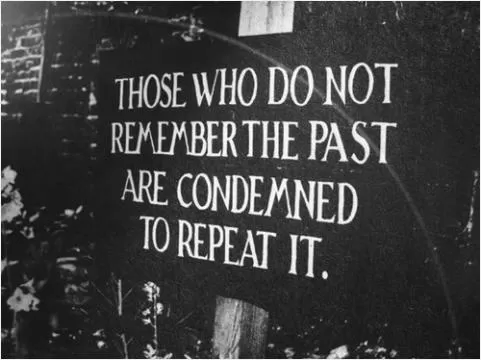


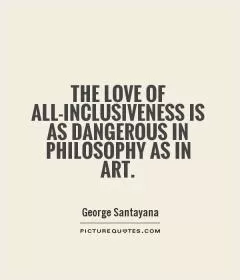



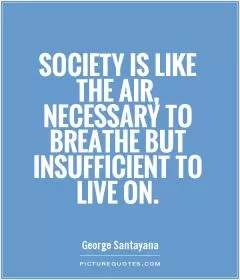

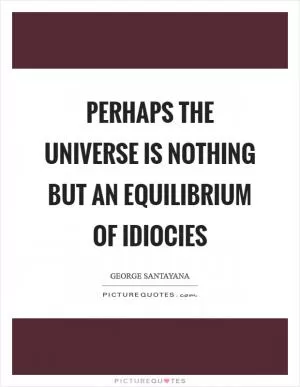

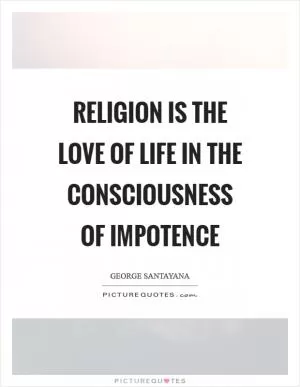
 Friendship Quotes
Friendship Quotes Love Quotes
Love Quotes Life Quotes
Life Quotes Funny Quotes
Funny Quotes Motivational Quotes
Motivational Quotes Inspirational Quotes
Inspirational Quotes